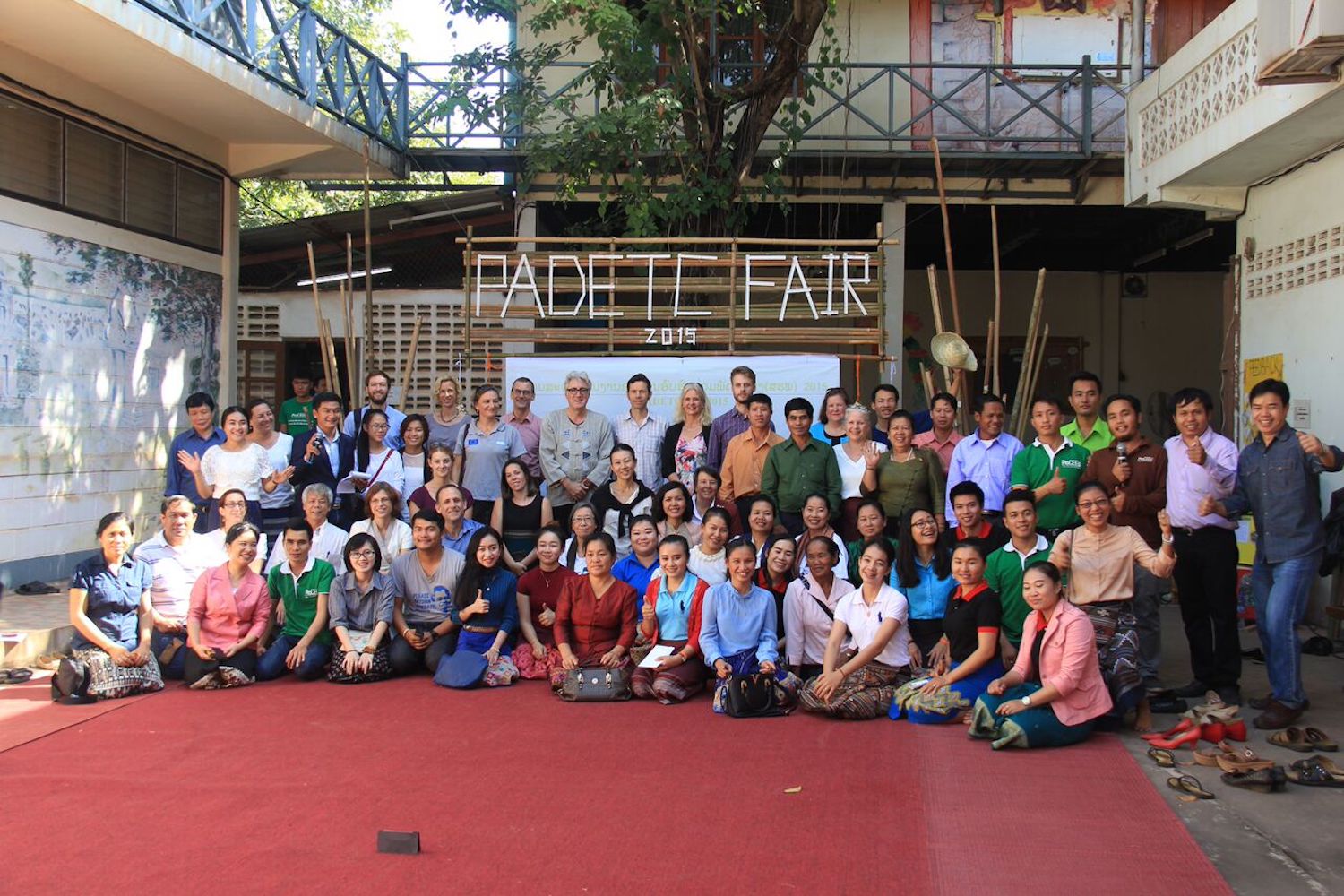[et_pb_section bb_built=”1″ _builder_version=”3.0.67″][et_pb_row use_custom_gutter=”on” gutter_width=”2″ background_position_1=”top_left” background_position_2=”top_left” background_repeat_1=”no-repeat” background_repeat_2=”no-repeat” _builder_version=”3.0.67″][et_pb_column type=”1_3″][et_pb_text _builder_version=”3.0.64″ text_font_size=”20″ header_font_size=”75px” background_layout=”light” text_orientation=”left” border_style=”solid”]
134
out of
139
Laos’ ranking in Forbes 2017 “Best Countries for Business List.”
[/et_pb_text][et_pb_text _builder_version=”3.0.64″ custom_padding=”20px|||”]
Note: This is the first in a series of posts on “Laos by the numbers.”
Feedback and suggestions are welcome.
[/et_pb_text][/et_pb_column][et_pb_column type=”2_3″][et_pb_text _builder_version=”3.0.64″ background_layout=”light” text_orientation=”left” border_style=”solid”]
 Forbes has rated Laos near the very bottom in its Best Countries for Business ranking for 2017. Only Venezuela, Yemen, Haiti, Gambia, Chad, rank lower. Neighbouring Cambodia ranks 123rd, China 102nd, Vietnam 98th, and Thailand 67th. Sweden, New Zealand and Hong Kong top the list.
Forbes has rated Laos near the very bottom in its Best Countries for Business ranking for 2017. Only Venezuela, Yemen, Haiti, Gambia, Chad, rank lower. Neighbouring Cambodia ranks 123rd, China 102nd, Vietnam 98th, and Thailand 67th. Sweden, New Zealand and Hong Kong top the list.
Laos also ranked very low on the sub-indicators of Trade Freedom (124th), Technology (120th), Red Tape (123rd), Investor Protection (127th), Corruption (127th), and Personal Freedom (128th). It’s highest ranking is in Market Performance, at 87th.
The accompanying country profile reads:
The government of Laos, one of the few remaining one-party communist states, began decentralizing control and encouraging private enterprise in 1986. Economic growth averaged 6% per year from 1988-2008 except during the short-lived drop caused by the Asian financial crisis that began in 1997. Laos’ growth has more recently been amongst the fastest in Asia and averaged nearly 8% per year for the last decade. Nevertheless, Laos remains a country with an underdeveloped infrastructure, particularly in rural areas. It has a basic, but improving, road system, and limited external and internal land-line telecommunications. Electricity is available to 83% of the population. Agriculture, dominated by rice cultivation in lowland areas, accounts for about 25% of GDP and 73% of total employment. Laos’ economy is heavily dependent on capital-intensive natural resource exports. The economy has benefited from high-profile foreign direct investment in hydropower dams along the Mekong River, copper and gold mining, logging, and construction, although some projects in these industries have drawn criticism for their environmental impacts. Laos gained Normal Trade Relations status with the US in 2004 and applied for Generalized System of Preferences trade benefits in 2013 after being admitted to the World Trade Organization earlier in the year. Laos began a one-year chairmanship of ASEAN in January 2016. Laos is in the process of implementing a value-added tax system. The government appears committed to raising the country’s profile among foreign investors and has developed special economic zones replete with generous tax incentives, but a small labor pool remains an impediment to investment. Laos also has ongoing problems with the business environment, including onerous registration requirements, a gap between legislation and implementation, and unclear or conflicting regulations.
[/et_pb_text][et_pb_comments _builder_version=”3.0.67″ show_avatar=”off” show_reply=”on” show_count=”on” background_layout=”light” border_style=”solid” custom_button=”off” button_letter_spacing=”0″ button_icon_placement=”right” button_letter_spacing_hover=”0″ /][/et_pb_column][/et_pb_row][/et_pb_section]



 The space for civil society to conduct human rights activities remains non-existent in the Lao PDR, in breach of Article 22 of the ICCPR. Political groups other than the Lao People’s Revolutionary Party-backed organizations are banned. The government has routinely used its influence to manipulate the membership of civil society organizations’ boards and has forced some organizations to change their names to remove certain words, such as “rights.”
The space for civil society to conduct human rights activities remains non-existent in the Lao PDR, in breach of Article 22 of the ICCPR. Political groups other than the Lao People’s Revolutionary Party-backed organizations are banned. The government has routinely used its influence to manipulate the membership of civil society organizations’ boards and has forced some organizations to change their names to remove certain words, such as “rights.” …Lao authorities continue to arbitrarily arrest and detain government critics and charge them under provisions of the Criminal Code. In many cases, little or no information is provided to those arrested on the reason for the deprivation of their liberty or the charges they face. Lao activists have been detained incommunicado without access to legal assistance, and held in prolonged pre-trial detention. This amounts to a clear violation of Article 9 of the ICCPR [see also below, Article 14].
…Lao authorities continue to arbitrarily arrest and detain government critics and charge them under provisions of the Criminal Code. In many cases, little or no information is provided to those arrested on the reason for the deprivation of their liberty or the charges they face. Lao activists have been detained incommunicado without access to legal assistance, and held in prolonged pre-trial detention. This amounts to a clear violation of Article 9 of the ICCPR [see also below, Article 14].

 Vientiane has never adequately addressed the 2012 disappearance of prominent community activist Sombath Somphone, a globally recognised figure. His apparent abduction indelibly scarred Laos’ international reputation.
Vientiane has never adequately addressed the 2012 disappearance of prominent community activist Sombath Somphone, a globally recognised figure. His apparent abduction indelibly scarred Laos’ international reputation.




 “Laos’ CSOs have lost face because of Sombath Somphone. We have lost the financial sources from donors because of him,” said Mr. Cher Her, vice chair of Laos’ ASCS/APF NOC.
“Laos’ CSOs have lost face because of Sombath Somphone. We have lost the financial sources from donors because of him,” said Mr. Cher Her, vice chair of Laos’ ASCS/APF NOC.

 Maina Kiai, the UN Special Rapporteur on the Rights to Freedom of Peaceful Assembly and of Association, is sharply critical of the situation facing civil society in the Lao PDR in a forward to the book Au Laos, la Répression Silencieuse by Anne-Sophie Gindroz. Excerpts include:
Maina Kiai, the UN Special Rapporteur on the Rights to Freedom of Peaceful Assembly and of Association, is sharply critical of the situation facing civil society in the Lao PDR in a forward to the book Au Laos, la Répression Silencieuse by Anne-Sophie Gindroz. Excerpts include: